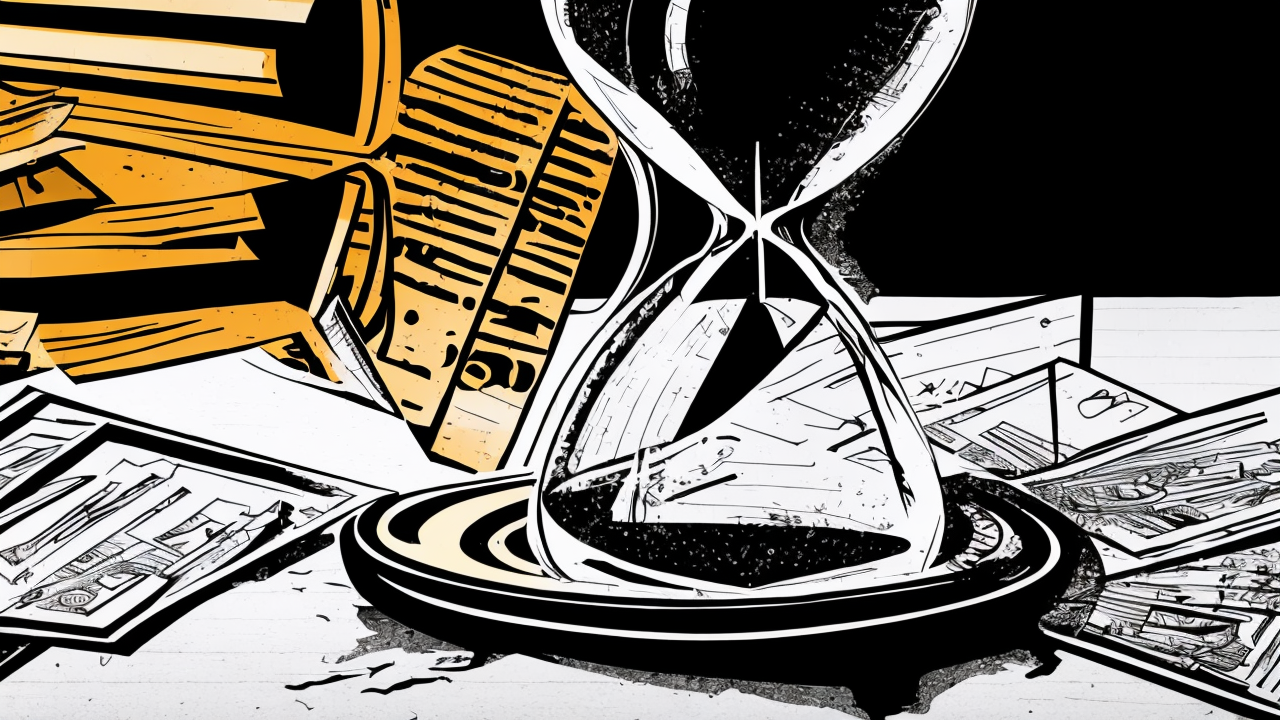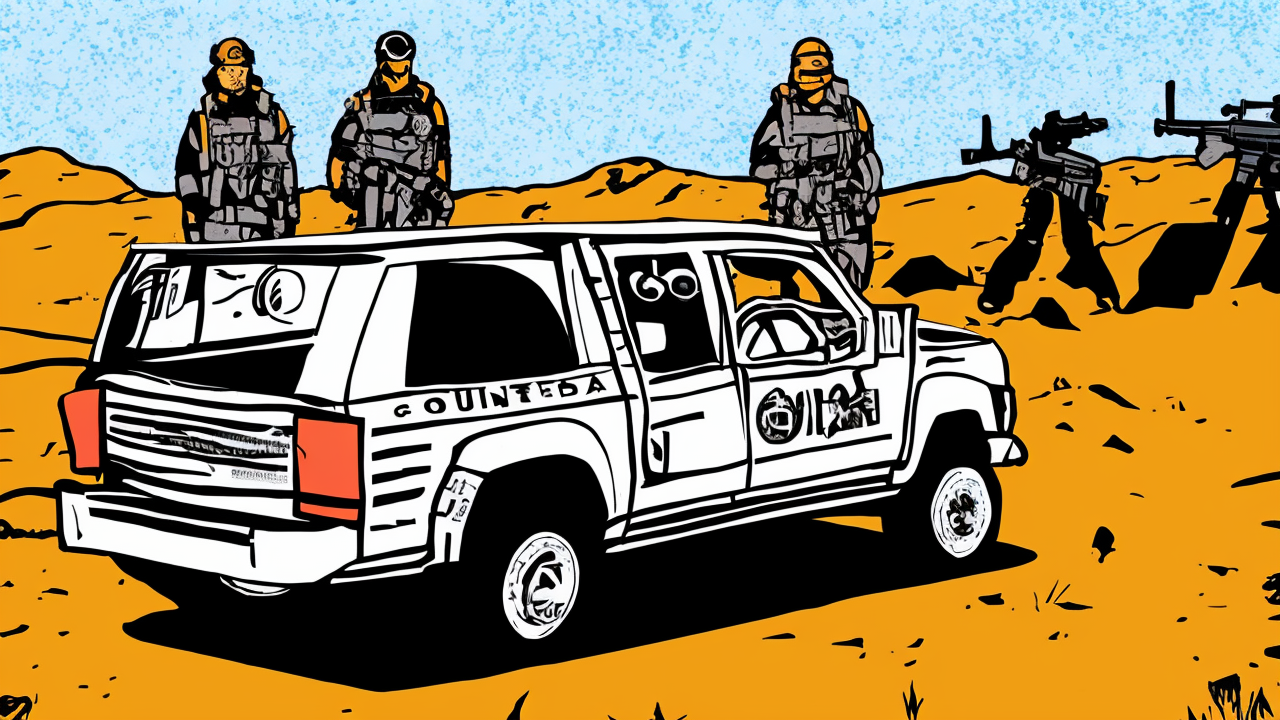DOE Fails to Account for Nuclear Cleanup Costs, Risks Taxpayer Dollars

The Department of Energy (DOE) has demonstrated a concerning lack of accountability in managing the cleanup of nuclear waste sites, according to a recent report by the Government Accountability Office (GAO). This failure to provide precise cost estimates and schedules raises serious concerns about the efficient use of taxpayer funds and the DOE's ability to address long-standing environmental hazards.
The GAO report revealed that cleanup efforts at eight nuclear waste sites could cost approximately $15 billion over the next six decades. These sites, including the Hanford Site in Washington, Los Alamos in New Mexico, Oak Ridge in Tennessee, and the Savannah River Site in South Carolina, pose significant risks to public health and the environment. However, the DOE's Office of Environmental Management has failed to provide detailed information on the scope, schedule, and cost of soil and legacy landfill cleanup, leaving a critical gap in oversight and accountability.
This lack of transparency not only undermines the DOE's credibility but also jeopardizes the effective allocation of resources. Without clear data, it becomes increasingly difficult to ensure that cleanup efforts are conducted in a fiscally responsible manner. The implications of this inefficiency extend beyond financial concerns, potentially endangering local communities and ecosystems.
Conservatives have long emphasized the importance of accountability, efficiency, and transparency in government operations. The DOE's failure to address these issues underscores the need for reform and stronger oversight to protect taxpayer dollars and safeguard public health. It is imperative that the DOE prioritize responsible stewardship and adopt measures to ensure that these critical cleanup efforts are both effective and financially prudent.
DOE's Nuclear Cleanup Failures: A Threat to Our Future
The Department of Energy's (DOE) failure to account for nuclear cleanup costs and risks is a glaring example of government mismanagement that threatens our society and nation. The DOE's inability to provide precise cost estimates, schedules, and details for cleanup efforts at eight nuclear waste sites—costing an estimated $15 billion over six decades—demonstrates a lack of accountability and transparency that undermines taxpayer trust.
This failure is not just a financial issue; it is a direct threat to public health and the environment. These nuclear sites, such as Hanford and Savannah River, contain hazardous materials that pose long-term risks to communities and ecosystems. The DOE's lack of oversight and accountability leaves taxpayers footing the bill while exposing vulnerable populations to potential harm.
Conservatives have long championed fiscal responsibility, accountability, and efficient use of taxpayer dollars. The DOE's mismanagement of nuclear cleanup efforts violates these principles and highlights the need for urgent reform. Stronger oversight and transparency are essential to ensure that taxpayer funds are spent wisely and that public health and safety are prioritized.
The DOE's failure to address these issues also underscores the importance of responsible stewardship. Government agencies must be held accountable for fulfilling their missions, including protecting public health and the environment. Without clear, actionable plans and accountability, the DOE risks further eroding public trust and exacerbating risks to communities and ecosystems.
In conclusion, the DOE's nuclear cleanup failures are a wake-up call for reform. Taxpayer dollars must be spent responsibly, and public health and safety must be prioritized. This issue demands immediate attention and action to ensure that the DOE fulfills its obligations and protects our future.
Published: 9/29/2025

















